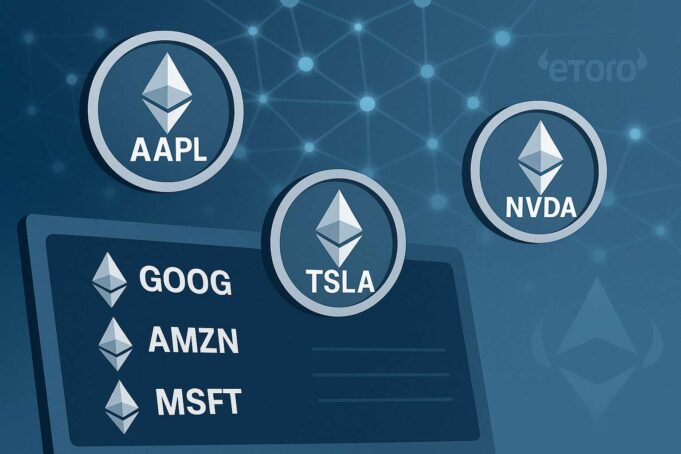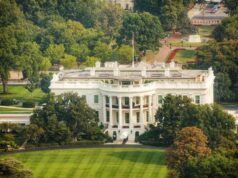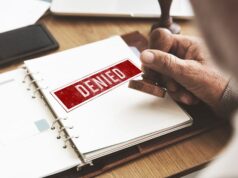Online trading platform eToro is taking a major step toward decentralized finance by launching tokenized versions of 100 top U.S.-listed stocks, like Apple, Tesla, and Nvidia, on the Ethereum blockchain. These tokenized stocks, issued as ERC-20 tokens, are now available for 24/5 trading via the eToroX platform. That’s a radical departure from traditional market hours and centralized custody.
But the bigger story might be what comes next. CEO Yoni Assia recently confirmed that eToro is actively exploring the development of its own blockchain infrastructure, possibly an Ethereum Layer 2 (L2) or a bespoke solution. According to Assia, discussions are already underway with “multiple ecosystems.”
Tokenized Stocks, Now on Ethereum
At the center of eToro’s latest innovation is the ability for global users to trade tokenized versions of real equities continuously from Monday to Friday. These ERC-20 stocks are fully backed by the corresponding underlying shares. They can be traded around the clock, eliminating traditional market closure barriers.
The eToroX platform, licensed in Gibraltar, is hosting this first phase of the rollout. U.S. users are excluded for now, but international investors can gain exposure to tokenized equities on-chain, with support from decentralized price oracles and third-party custody options.
>>> Read more: Gate.io Launches Xstocks for 24/7 Tokenized Stock Trading
From Broker to Blockchain Builder?
While eToro is known for its user-friendly brokerage and copy-trading tools, Assia’s remarks suggest a broader pivot. By potentially launching an eToro blockchain, the company could transition from a trading intermediary to an infrastructure provider.
There are compelling reasons to consider this move. A custom blockchain could give eToro better control over:
- Scalability and transaction fees (vs. relying solely on Ethereum mainnet)
- Cross-asset interoperability, especially with stablecoins and crypto-native tokens
- Regulatory flexibility, particularly for tokenized asset trading under emerging regimes
If realized, such a move would place eToro in direct competition with projects building tokenized asset infrastructure, such as Synthetix, Avalanche Subnets, or Polymesh.
Why Tokenized Equities Matter Now
This isn’t just a tech demo. Tokenized equities are part of a growing global push to integrate traditional finance (TradFi) with blockchain-based ecosystems. Tokenization improves liquidity, enables fractional ownership, and expands access to markets that were previously gated by jurisdiction or capital requirements.
With Ethereum stock trading now live and regulatory clarity improving, platforms like eToro are positioning themselves at the intersection of institutional-grade compliance and DeFi flexibility.
Regulatory Clarity Unlocks New Moves
The timing is no accident. The EU’s MiCA regulation has already introduced a comprehensive framework for crypto assets. At the same time, sandbox programs in the UK, Singapore, and UAE are accelerating institutional experimentation with tokenized finance. U.S. clarity remains elusive, but the global trend is clearly shifting toward enabling compliant blockchain-based trading environments.
For eToro, this means less regulatory risk and more incentive to build infrastructure that supports tokenized stocks at scale.
What Would an eToro Blockchain Look Like?
While no technical specs have been confirmed, a future eToro blockchain might take one of several forms:
- Ethereum L2 rollup optimized for tokenized equities and low-latency trading
- Appchain or sidechain focused on regulated assets, stablecoins, and identity-verified wallets
- Interoperable layer integrating custodial services, DeFi protocols, and fiat ramps
However, such a shift carries risks: liquidity fragmentation, compliance hurdles across jurisdictions, and adoption challenges beyond the current user base.
>>> Read more: eToro Eyes $5B U.S. IPO Amid Renewed Crypto Market Optimism
Conclusion: A Broker Reinventing Itself?
eToro’s launch of 24/5 trading for tokenized U.S. stocks is a milestone for Ethereum-based finance. But behind the scenes, a more ambitious roadmap may be unfolding. If the company follows through on its plans to build a proprietary eToro blockchain, it could redefine how brokerage firms participate in the next era of decentralized infrastructure.
Whether this remains a speculative venture or becomes a foundational pillar of eToro’s strategy remains to be seen. But the pivot from platform to protocol is clearly underway.
Readers’ frequently asked questions
Can I transfer the tokenized stocks from eToroX to my personal Ethereum wallet?
Yes. eToroX allows withdrawals of tokenized stocks to compatible Ethereum wallets, provided the user has passed full KYC and meets jurisdictional eligibility. However, availability may depend on regulatory conditions in your country.
Are there trading fees or gas fees when buying or selling tokenized stocks on eToroX?
Yes. eToroX charges standard trading fees for tokenized assets, and on-chain transfers also incur Ethereum gas fees. These costs vary based on market conditions and network congestion.
Is eToro licensed to offer tokenized equities in all countries?
No. eToroX operates under a license from the Gibraltar Financial Services Commission, and access to tokenized equities is restricted in certain jurisdictions, including the United States. Users should verify local regulatory restrictions before attempting to trade.
What Is In It For You? Action items you might want to consider
Explore non-custodial tokenized stock options
If you’re an active crypto user, test the withdrawal functionality on eToroX to move ERC-20 stocks into your own Ethereum wallet and monitor decentralized trading possibilities.
Monitor eToro’s blockchain infrastructure developments
Stay updated on Yoni Assia’s announcements and partnerships. If eToro launches an L2 or custom blockchain, early users may benefit from liquidity programs or ecosystem incentives.
Review local regulatory frameworks for tokenized assets
Before engaging with tokenized equities, check whether your jurisdiction allows retail access to these instruments. Rules vary significantly across the U.S., EU, Asia, and MENA regions.










